He uses the analogy of how a block of marble might be veined in such a way as to have a sculpture of Hercules ready to be shaped from it, whereas a neutral block without the veins could produce anything. He says that 'This is how ideas and truths are innate in us - as inclinations, dispositions, tendencies, or natural potentialities'.
Sunday, November 16, 2008
Leibniz, Innate ideas, Marble & Hercules
We read a very important extract from the preface to Leibniz's 'New Essays on Understanding' in which he responds to Locke's rejection of innate ideas. Leibniz believes that Although the senses are 'necessary for all our actual knowledge, they aren’t sufficient to provide it all.' He doesn't think that experience alone is enough to explain the way we able to understand the world and believes that 'we must be contributing something from our side' By this he means we must have certain abilities or at least potential abilities built into us when we are born.
Subscribe to:
Post Comments (Atom)












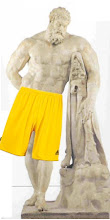


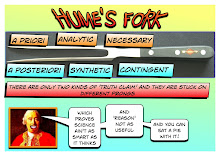




.jpg)

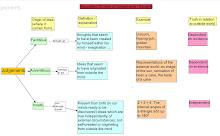
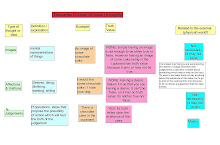
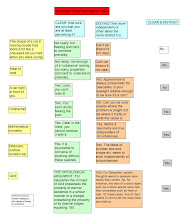



No comments:
Post a Comment